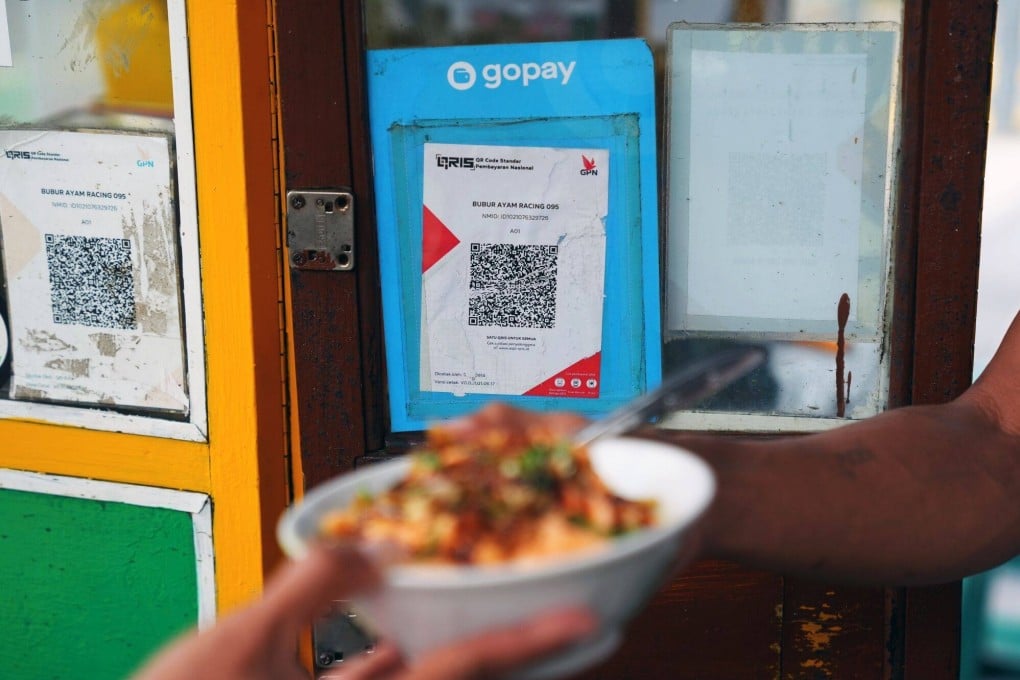Advertisement
Macroscope | How Asia’s fintech revolution is helping small businesses build a better future
- The rapidly changing digital financial ecosystem can help people in low-income countries break free of poverty and take control of their financial lives
- Fintech collaborations now lie at the heart of Asian finance and have the potential to propel regional economies and their people into the future
Reading Time:3 minutes
Why you can trust SCMP
0

Across Asia, fintech collaborations are gathering pace. The profound effects of these projects will be felt not just economically, in terms of enhanced trade and commerce, but also geopolitically.
In February, India and Singapore announced the linking of the Unified Payments Interface (UPI) and PayNow, their respective real-time digital payments systems. The move will help with the smooth transfer of US$1 billion worth of cross-border transactions between the two countries.
That same month, Indian fintech company PhonePe launched its UPI international service, an app through which users can connect their Indian bank accounts and pay merchants in the United Arab Emirates, Singapore, Mauritius, Nepal and Bhutan.
Even before its collaboration with India, Singapore teamed up with Thailand in April 2021 to launch the world’s first linked real-time digital payment system, joining PayNow with Thailand’s PromptPay.
These collaborations will help migrant workers get money to their families faster and make life easier for international students, but this rapidly changing digital financial ecosystem has potential to be so much more. It can help people in low-income countries across Asia break free of poverty and take more control of their financial lives.
The Covid-19 pandemic accelerated the use of digital payments as the fear of getting sick made cash transactions feel unsafe and impractical. Fintech came to the rescue of households that needed supplies but were locked down; local vendors and small businesses were ready to sell those supplies and banks created the infrastructure to help do it.

Advertisement
